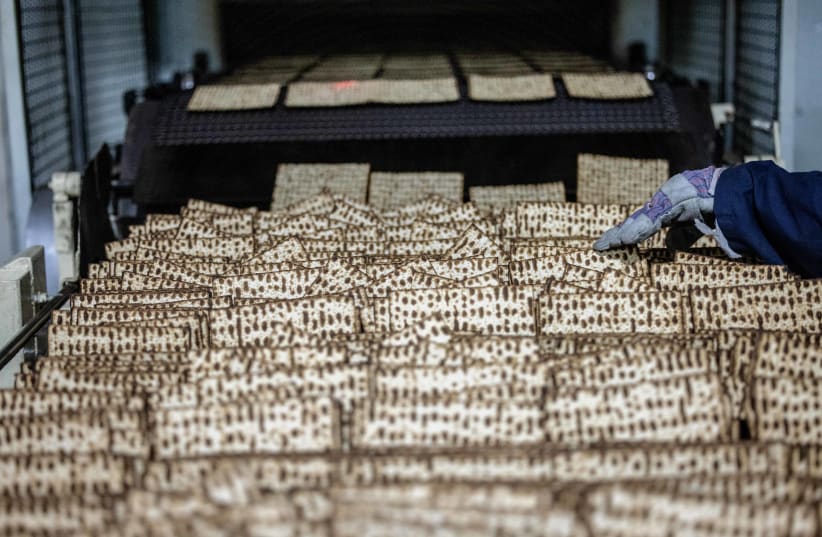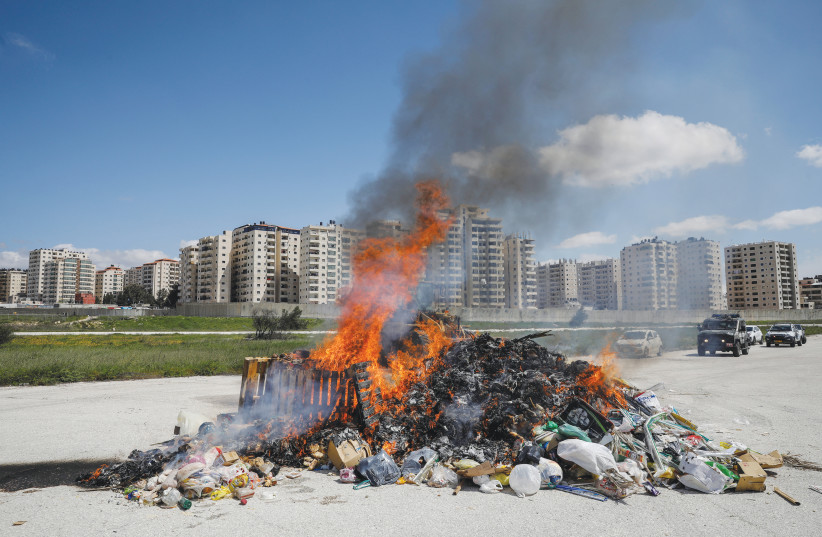A bill known as the “Hametz Law” that will enable Israel’s hospital directors to block glutenous leavened food products (hametz) from entering their hospitals during the Passover holiday passed into law on Tuesday morning.Jewish law prohibits owning or consuming hametz during Passover.
The bill requires that a hospital director “take into consideration the rights and needs of patients” before making such a decision. It also requires that a directive to bar hametz be published on the hospital’s website and that signs be put up within the hospital, as well as enables the director to appoint a hospital employee to update fellow employees and patients on the matter.
According to the bill’s explanatory section, the legislation was intended to overcome a ruling by the High Court of Justice from April 2020, that a ban on bringing hametz into a hospital on Passover was given without authority and therefore void.
The bill overcomes a 2020 court ruling
According to the ruling, such a ban denies patients who were forced into hospitalization and do not follow Jewish law from eating in their own personal space, and thus “violates their personal autonomy as an individual, which is a derivative of a person’s human dignity and the recognition of a person’s value and freedom, and, since these are restrictions for religious reasons – [violates] the freedom from religion.”
Labor MK Gilad Kariv said in response that “the Hametz Law is the harbinger of a wave of unprecedented religious legislation. Just like all of the other laws that violate the freedom of religion and conscience, this law will not increase respect for Jewish tradition and will not encourage tolerance and mutual consideration.
Labor MK Gilad Kariv said in response, "The Hametz Law is the harbinger of a wave of unprecedented religious legislation. Just like all of the other laws that violate the freedom of religion and conscience, this law will not increase respect for Jewish tradition and will not encourage tolerance and mutual consideration."
“The rabbinic establishment has undergone in recent decades processes of radicalization and ‘haredization.’” he said. “This dismal reality is what necessitates the courts’ intervention in order to defend individual rights both in public and private space.
“Passing the Hametz Law is a distinct example of the extreme coalition’s pincer maneuver: A judicial overhaul to weaken the courts, and sweeping religious legislation,” Kariv said. “This pincer maneuver will badly damage the majority of the Israeli public who defines itself as secular or traditional.”
The issue of hametz in hospitals is an issue that has come up before every Passover season in recent years. It even served as the official trigger for then-Yamina MK and current Environmental Protection Minister Idit Silman to quit the previous coalition last April, after then-health minister Nitzan Horowitz prohibited hospital directors from checking for hametz at the entrance, in line with a High Court ruling on the matter. The move cost the previous government its majority and destabilized it, and it fell two months later.

